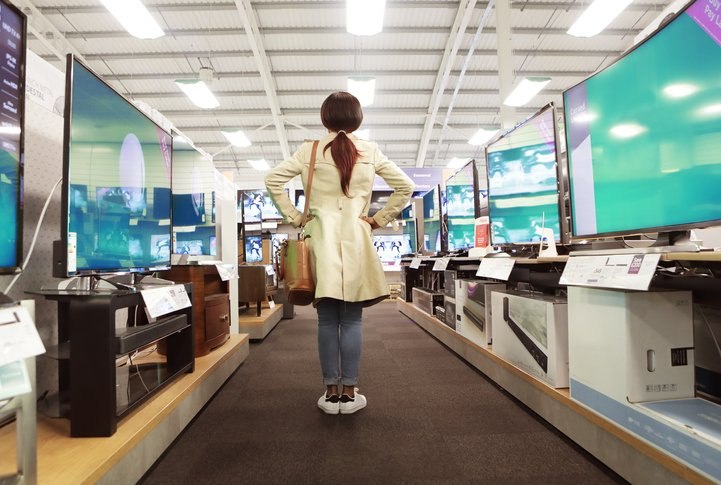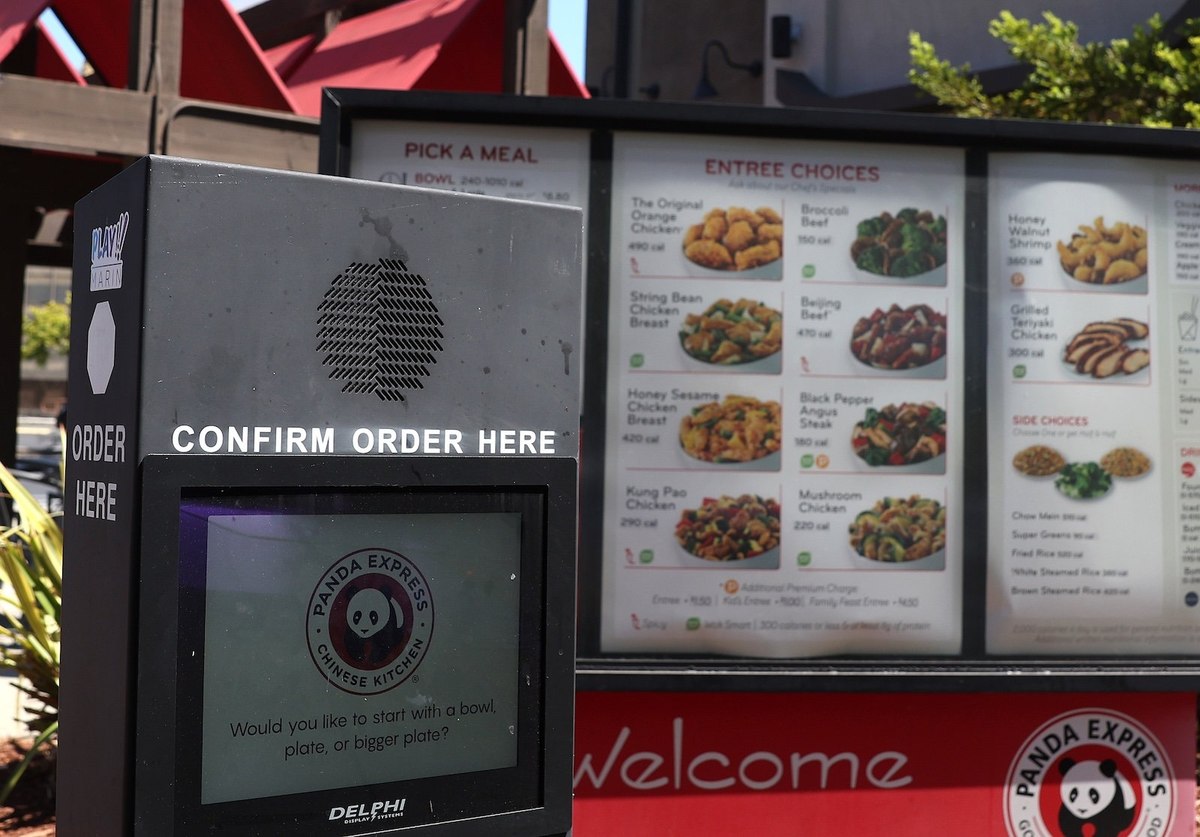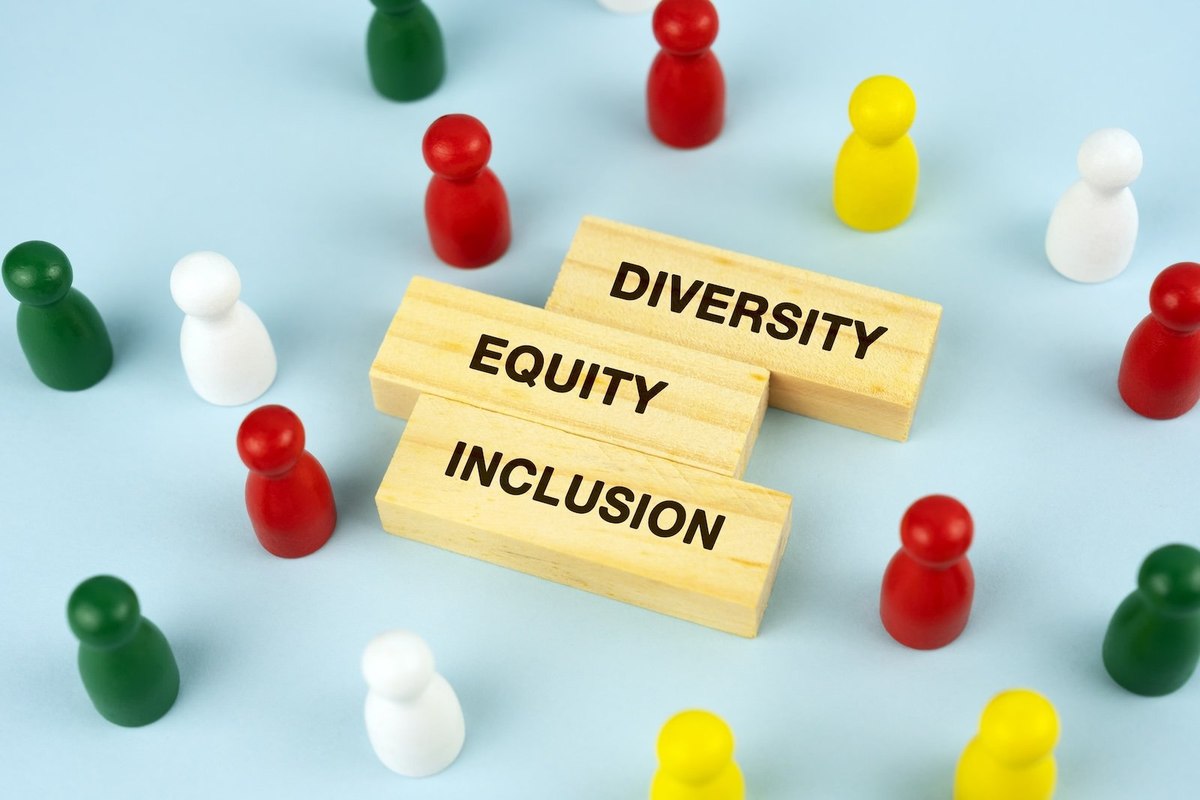
GST hike: F&B, clothing and apparel businesses most likely to see cutback in consumer spending
With the Singapore government widely expected to announce an increase in the country’s Goods and Services Tax (GST) in its Budget 2022, we’ve asked consumers how they would respond to a heavier tax burden? Do they plan to spend less – and if so, on what?
Latest research from YouGov RealTime Omnibus shows that, as of February 2022, nearly half of Singaporeans (48.3%) say they will reduce their spending following the GST hike. By contrast, a third of the public say they will maintain their current spending (32.5%), while just one in twenty say they will increase it (5.3%). Additionally, one in seven Singaporeans (14.1%) are undecided on whether they will be making changes to their spending.
Where will Singaporeans most likely cut back spending after the GST hike?
Given that Singaporeans who plan to maintain or decrease their spending budget after the GST increase will need to make fewer or cheaper purchases in the future, we asked them about the areas of spending they are likely to cut back on in the next 12 months of the GST increase.
Notably, almost half say that they would spend less on dining and takeaway purchases from food and beverage outlets (50.1%), clothing and apparel stores (48.7%) and food delivery orders (48.3%).
Over a third say they would cut back on ride-hailing expenses (44.5%), purchases of IT gadgets (36.6%), and grooming and wellness services – such as hairdressing, massages and spas (33.5%). Around a quarter say they would reduce spending on home furniture (28.7%), personal care products (28.4%), household electronics (27.6%), video game titles and consoles (25.4%), and house renovation services (24.9%).
Meanwhile, just under a quarter say they would spend less on gym subscriptions and exercise equipment (24.1%), automotive purchases and upgrades (24%), cable TV, internet video or audio streaming services (23%), and sports gear and facility booking expenses (22.9%).
What purchases will most Gen Z and millennials likely reduce after the GST hike?
When sorted by generation, we found that the top three areas of spending that Gen Z (born 1997 – 2009) would cut back on are: food delivery orders (53.3%), followed by dining and takeaway purchases at food and beverage outlets (51.3%), and ride-hailing services – including taxis and private-hire vehicles (49%).
For Millennials (born 1981 – 1996), the areas they are most likely to spend less on are: dining and takeaway purchases at food and beverage outlets (52.4%), food delivery orders (52.1%), and clothing and apparel (44.3%).
What purchases will most Gen X and Baby Boomers likely reduce after the GST hike?
In the case of Gen X (born 1965 – 1980) and Baby Boomers (born 1946 – 1964), we found that the top three areas of spending both generations would cut back on are the same: clothing and apparel (Gen X – 50.5%, BB – 56.8%), followed by dining and takeaway purchases at food and beverage outlets (Gen X – 48.6%, BB – 47.9%), and food delivery orders (Gen X – 47.8%, BB – 42.3%).
What one area would each generation most likely spend less on after the GST hike?
Finally, we asked each generation to pick out – from among the areas of spending they would likely cut back on – the one they were most likely to reduce within the next 12 months of the GST increase.
For both Gen Z and Millennials, food delivery orders are the one area they would be most likely to spend less on. Not too dissimilarly, for Gen X, dining and takeaway purchases at food and beverage outlets is the top area they would reduce purchases on.
But for Baby Boomers, spending on clothing, footwear, bags and other apparel are where they are most likely to cut back on.
To receive monthly insights about the retail industry register here.
To read YouGov’s latest intelligence on the retail sector explore here.
Methodology: YouGov RealTime Omnibus provides quick survey results from nationally representative or targeted audiences in multiple markets. This study was conducted online on 10 February 2022, with a nationally representative sample of 1022 Singaporean adults (aged 18+ years), using a questionnaire designed by YouGov. Data figures have been weighted by age, gender and ethnicity to be representative of all Singaporean adults (aged 18+ years) and reflect the latest Singapore Department of Statistics (DOS) estimates. Learn more about YouGov RealTime Omnibus.

































